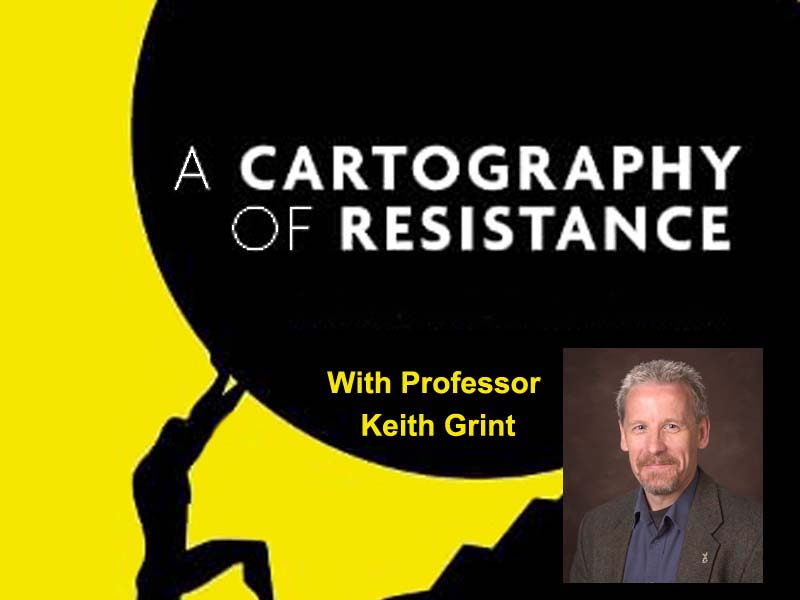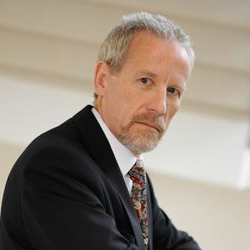
Share:
With Professors Keith Grint and Dennis Tourish (Moderator)
Requires Member Login.
Not a member?
Join today!
This webinar considers a brief array of examples of resistance across time and space to consider the importance of going beyond leadership to explain the success or failure of the cases. It starts with resistance to the Romans in Europe, travels through the resistance of enslaved people in the West Indies, looks at resistance movements at work, resistance to the Nazis, resistance to racism and misogyny in World War II, and finally ends with resistance in Malaya and Iraq. The theoretical framework focuses particularly on exploring the nature of resistance, and uses Camus’ work on Sisyphus to consider why people resist even when the circumstances appear hopeless.
Following the presentation, Professor Grint will engage in a lively Q&A with the audience.

Keith Grint is Professor Emeritus at Warwick University. He has held Chairs at Cranfield University and Lancaster University and was Director of Research at the Saïd Business School, Oxford University. He is a Fellow of the International Leadership Association (ILA) and Professorial Fellow of the Australian Institute of Police Management (AIPM). He is also a founding co-editor with David Collinson of the journal Leadership, and co-founder of the International Studying Leadership Conference. He received ILA’s Lifetime Achievement Award in 2018. His books include The Arts of Leadership (2000); Organizational Leadership (2005); Leadership: Limits and Possibilities (2005); Leadership, Management & Command: Rethinking D-Day (2008); Leadership: A Very Short Introduction (2010); and Mutiny and Leadership (2021).
About Professor Dennis Tourish

I am a Professor of Leadership and Organization Studies at the University of Sussex Business School. I have a particular interest in dysfunctional and dark side leadership, which probably comes from growing up in Northern Ireland at a time of great conflict between its two main communities. We had many dark side leaders, and miserable times as a result of their activities. All this fed into my book The Dark Side of Transformational Leadership: A Critical Perspective, published by Routledge in 2013.
I also have a strong interest in organisations that we commonly think of as cults, particularly but not exclusively those of a political nature. There are more of these than we normally imagine, and most of us can be vulnerable to the appeal of cult membership when we are going through some major crisis in our lives. Put simply, we are in pain – and a cult and its leaders offer to make the pain go away. This interest is reflected in what is now an old book that I co-authored with Tim Wohlforth – On the Edge: Political Cults Right and Left, published by ME Sharpe in 2000.
More recently, I have also become interested in research ethics and in research fraud. It seems to me that much of the research which appears in academic journals is bogged down in trivial issues, that its methods are often unable to really address the issues being investigated, and even that an unknown but significant amount of it is based on fraud. Leadership studies is far from immune. There are many reasons for this, but the pressure put on academics to publish to advance their careers is one of them. This led to my book Management Studies in Crisis: Fraud, Deception and Meaningless Research, published by Cambridge University Press in 2019. It seems that many people share my concerns. I published a paper in the journal Academy of Management Learning & Education in 2020 called ‘The triumph of nonsense in management studies,’ based on my book. To my surprise it won their best paper of the year award.
Leadership really matters, in business, society and politics. My interest is in helping people to spot where it is going wrong, and encouraging everyone not to put too much reliance on the alleged wisdom of powerful people at the top. We face many problems. An engaged and critical citizenry, at work and elsewhere, is vital if we are to overcome them.

